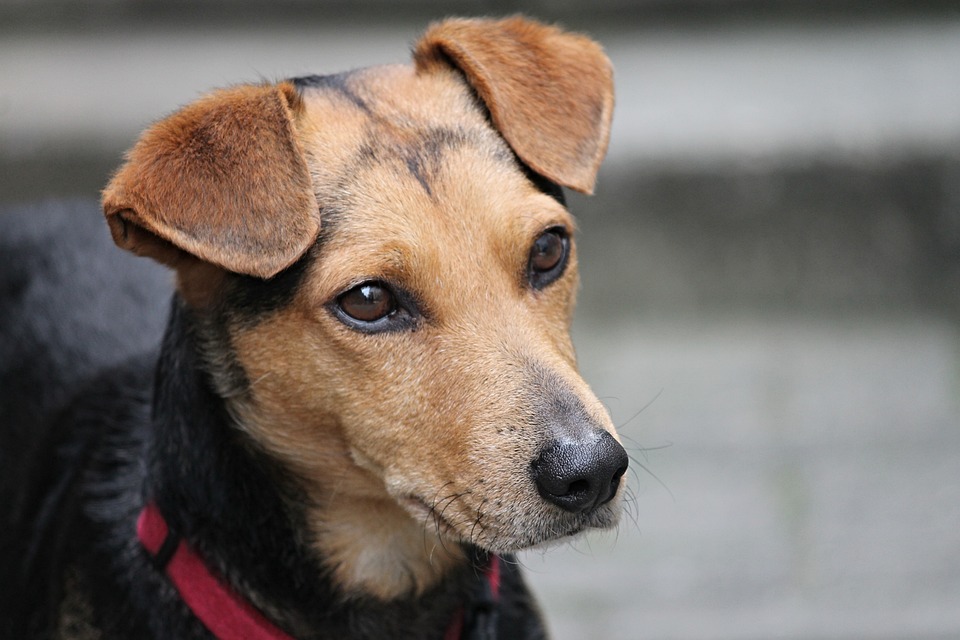*Note: This is a sample article and does not constitute professional advice. Always consult with a veterinarian or professional dog trainer for personalized guidance.*
Fireworks and loud events can be a source of anxiety and stress for many dogs. The sudden bursts of noise, bright lights, and unfamiliar surroundings can trigger fear and panic in our furry friends. However, with proper training and preparation, you can help your dog remain calm and relaxed during these noisy occasions. In this article, we will explore effective techniques and strategies to train your dog for calm behavior during fireworks or loud events.
Understanding Your Dog’s Fear
Before diving into the training methods, it’s crucial to understand your dog’s fear response to loud noises. Dogs have highly sensitive hearing, and the loud booming sounds of fireworks can be overwhelming for them. They might exhibit signs of fear and anxiety such as trembling, panting, pacing, hiding, or trying to escape. By recognizing these signs, you can take proactive steps to help your dog overcome their fear and develop a calmer response.
Gradual Desensitization
Desensitization is a powerful technique that can help your dog become less fearful of loud sounds over time. The idea is to expose your dog to increasingly louder noises in a controlled and positive environment, gradually desensitizing them to the fear-inducing triggers. Here’s how you can implement gradual desensitization:
1. Create a Safe Space: Designate a safe and comfortable area for your dog during fireworks or loud events. This space should be quiet, secure, and familiar to your dog. Provide cozy bedding, toys, and treats to make it a positive environment.
2. Start with Low-Level Sounds: Begin by playing low-level recordings of fireworks or similar loud sounds. Start at a volume that doesn’t trigger fear in your dog. Observe their reactions and reward calm behavior with treats and praise.
3. Increase Volume Gradually: Over time, gradually increase the volume of the sound recordings. The key is to go at a pace your dog feels comfortable with. If they show signs of anxiety or fear, decrease the volume and try again at a later time.
4. Pair with Positive Experiences: Associate the sound of fireworks or loud events with positive experiences. For example, play the recordings while engaging in a fun training session or offering your dog their favorite treats. This positive reinforcement will help your dog form positive associations with the previously fear-inducing sounds.
5. Practice Regularly: Consistency is key. Regularly expose your dog to the sound recordings, increasing the volume as they become more comfortable. Gradually introduce real-life scenarios, such as distant fireworks, to further reinforce their desensitization.
Counter-Conditioning Techniques
In addition to desensitization, counter-conditioning techniques can help your dog develop a positive emotional response to fireworks and loud events. The goal is to replace fear with a more relaxed and positive state of mind. Here are some effective counter-conditioning strategies:
1. Create a Calming Environment: During fireworks or loud events, create a calming environment by closing windows, drawing curtains, and playing soothing music. Utilize white noise machines or calming pheromone diffusers to further reduce anxiety.
2. Engage in Calming Activities: Engaging your dog in calming activities can divert their attention from the loud noises. Practice obedience training, engage in scent games, or provide puzzle toys that require mental stimulation. These activities can help shift their focus from fear to relaxation.
3. Use Calming Aids: Consider using calming aids such as anxiety wraps, pheromone collars, or natural calming supplements. These aids can help reduce anxiety and promote a sense of calmness in your dog.
FAQs (Frequently Asked Questions)
Q: How long will it take to train my dog to remain calm during fireworks?
A: The training duration varies based on several factors, including your dog’s temperament and the severity of their fear. It can take weeks or even months of consistent training to achieve significant results. Patience and persistence are key.
Q: Can I punish my dog for exhibiting fear during fireworks?
A: No, punishment will only reinforce your dog’s fear and anxiety. Instead, focus on positive reinforcement and reward calm behavior. Punishment can worsen the problem and damage the trust between you and your dog.
Q: Are there any medications that can help my dog during fireworks?
A: In severe cases, your veterinarian might prescribe anti-anxiety medications to help your dog cope with fireworks or loud events. These medications should always be used under professional guidance and as a last resort after behavior modification techniques have been attempted.
Remember, every dog is unique, and the training methods that work for one may not work for another. Consult with a professional dog trainer or behaviorist for personalized guidance and support. With patience, understanding, and the right training techniques, you can help your dog overcome their fear of fireworks and loud events, ensuring a safe and calm experience for both of you.









